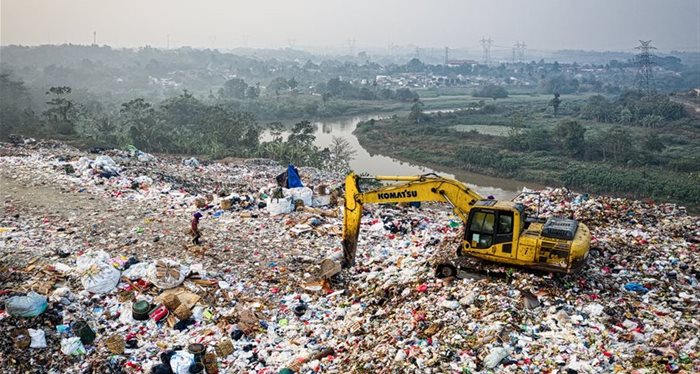The ban on organic waste in landfill sites in the Western Cape will come into effect in 2022 with a 50% reduction requirement and a 100% reduction by 2027.
Local municipalities that run landfill sites in the province were asked to draw up organic waste diversion plans and submit to the department of environmental affairs and development planning.
So the big question is, can the Western Cape divert at least 50% of 533,745 tonnes of municipal organic waste and 326,935 of commercial organic waste?
With organic waste regulations also tightening at a national level, the rest of the country will also need to get their organic waste management in order. Brian Küsel, director of BiobiN South Africa, looks at some key initiatives that will work in favour of an organic waste landfill diversion.
1. Improving commercial and industrial composting
The largest volumes of organic waste are generated at a commercial level, specifically within retail, agriculture and hospitality. These sectors are subject to stringent waste regulations and for the most part, businesses opt to use licensed waste management service providers to collect waste and process it off-site at a processing or disposal facility.
On-site commercial composting units are designed to process large volumes of organic waste. They are designed for ease of use, cleanliness and to remove unwanted elements, like bacteria and pathogens.
2. Address our food waste issue
Food waste makes up a huge segment of the organic waste stream that is generated and South Africa generates a lot of food waste across the supply chain. “We often talk about ‘farm-to-fork’, to look at the different stages of the food supply chain to see where we can reduce wastage,” says Küsel.
At a food production level (farming), 2.7 million tonnes go to waste; during storage, 2.4 million tonnes go to waste; during processing and packaging, 2.6 million tonnes go to waste; during transport and distribution, 2 million tonnes go to waste; and at the post-consumption phase, 0.5 million tonnes go to waste.
“Ultimately, to reduce food waste along the supply chain, the industry needs to look at initiatives that redistribute the edible food surplus, better packaging design and in-store composting in retail. These initiatives will also reduce the food waste stream going to landfill,” Küsel says.
3. Promoting a waste economy
Küsel says that there are several market drivers that promote the diversion of organic waste from landfill.
“For one, waste regulations for on-site composting are a lot more lenient compared to other waste treatment and disposal methods. A business can compost up to 500kg of organic waste per day and 15 tonnes per month before having to obtain a waste licence,” Küsel continues.
Composting activities also play a significant role with carbon tax regulations. Businesses can gain carbon credits by composting, reducing any carbon tax liabilities in the future.

